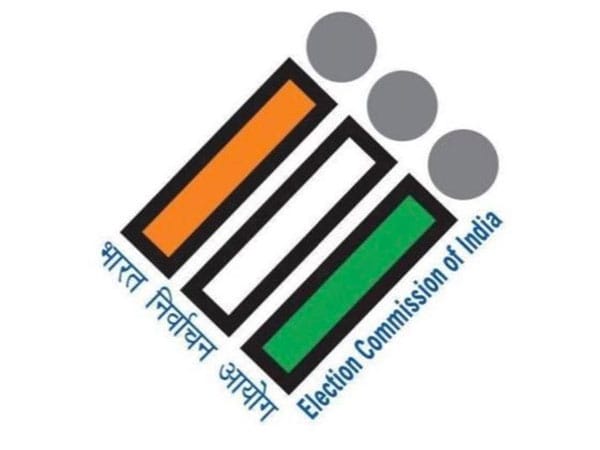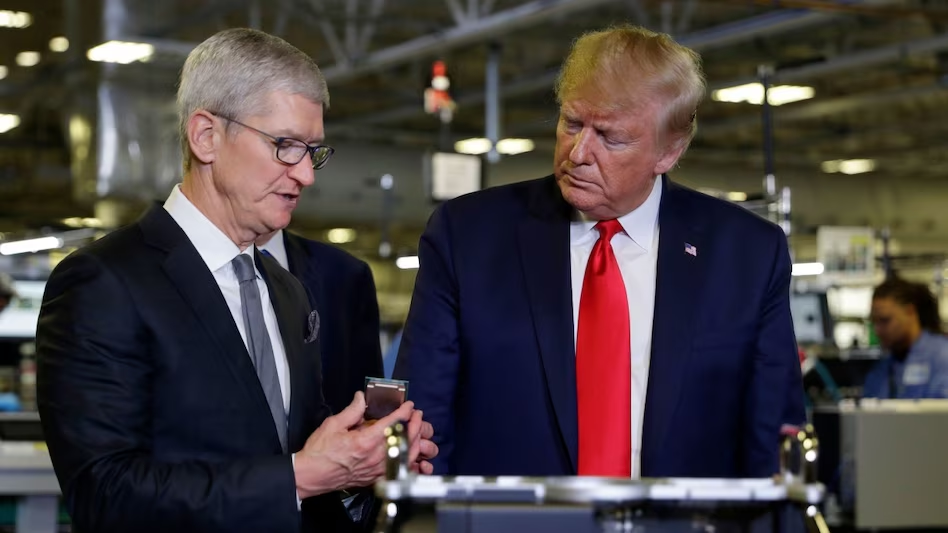“Either Sign Declaration Or Apologise”: Election Commission’s Stark Response to Rahul Gandhi’s “Voter Fraud” Claims
In a dramatic escalation of political conflict, the Election Commission of India (ECI) has issued a firm ultimatum to Lok Sabha’s Leader of the Opposition, Rahul Gandhi: formally substantiate your “vote chori” (vote theft) allegations with a signed declaration—or retract them with a public apology.
Terms of the Demand
On August 8, 2025, the ECI published a statement characterizing Gandhi’s accusations of electoral fraud as “absurd,” urging him to either legally back his allegations through a signed oath or withdraw them with an apology to the nation. This comes in tandem with demands from the Chief Electoral Officers (CEOs) of Karnataka, Maharashtra, and Haryana, who have all sought sworn declarations before initiating official proceedings based on his claims.
The Accusations in Question
Rahul Gandhi has charged that more than 1,00,000 “fake voters” were listed in Mahadevapura, a Bengaluru assembly constituency—a manipulation allegedly pivotal in enabling BJP victories in both the assembly and Lok Sabha seats. He labeled this evidence as akin to an “atom bomb,” warning it would expose the ECI’s complicity if disclosed.
Official Pushback
The ECI has responded sharply—calling these allegations “baseless,” “wild,” and “irresponsible,” and reiterated that its officials are instructed to disregard such statements and continue their work “impartially and transparently.”
What the Declaration Must Include
Karnataka CEO V. Anbu Kumar has delivered a formal letter requesting Rahul Gandhi to furnish a signed affidavit under Rule 20(3)(b) of the Registration of Electors Rules, 1960. This declaration must include detailed electoral roll discrepancies—names of purportedly deleted eligible voters, names or identifiers of allegedly fraudulent entries, along with their part and serial numbers. The official form, shared publicly via social media, also warns of penalty under Section 227 of the Bharatiya Nyaya Samhita, 2023, which carries up to 7 years in prison and fines up to ₹10,000 for false declaration.
Rahul Gandhi’s Stand
Rahul Gandhi, however, has refused to file a fresh affidavit. He insists that his public statements should be accepted as sworn truth—declaring, “I am a politician. I don’t lie to the people. Every word I speak in public is on oath.”
The Broader Implications
This confrontation sets the stage for a high-stakes showdown over electoral accountability. The ECI’s demand for a formal declaration reflects increasing institutional pushback against political rhetoric seen as undermining public trust, while Rahul Gandhi’s stance signals a firm belief in the moral weight of his claims. What remains uncertain is whether compelling legal evidence will be produced—or if the issue will deepen India’s political fault lines further.


